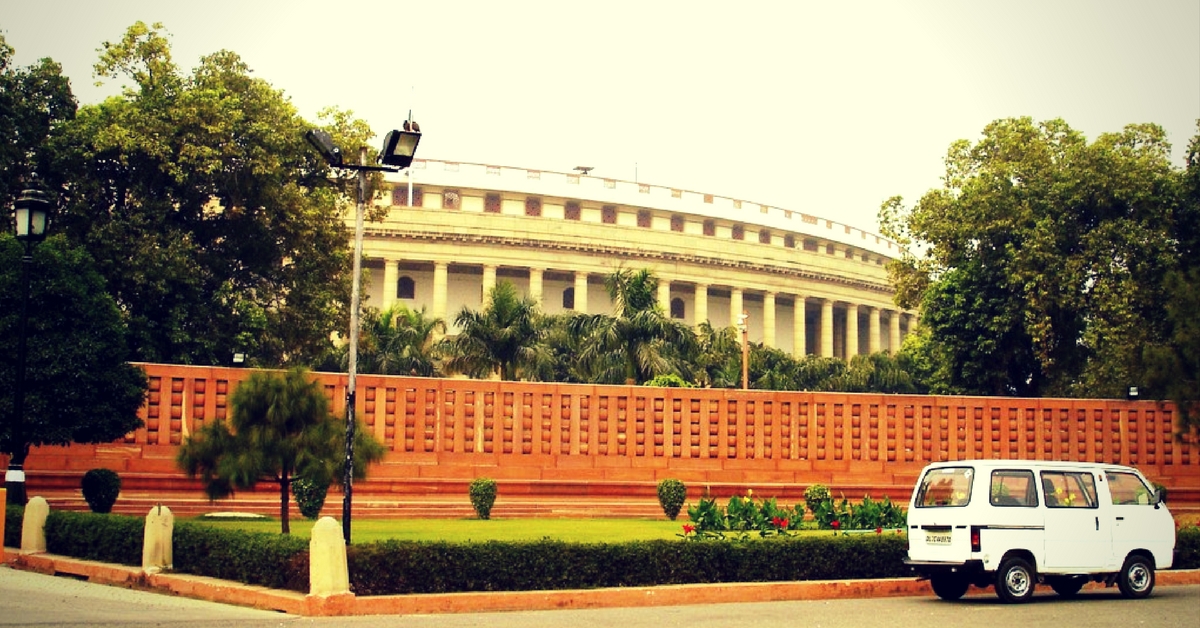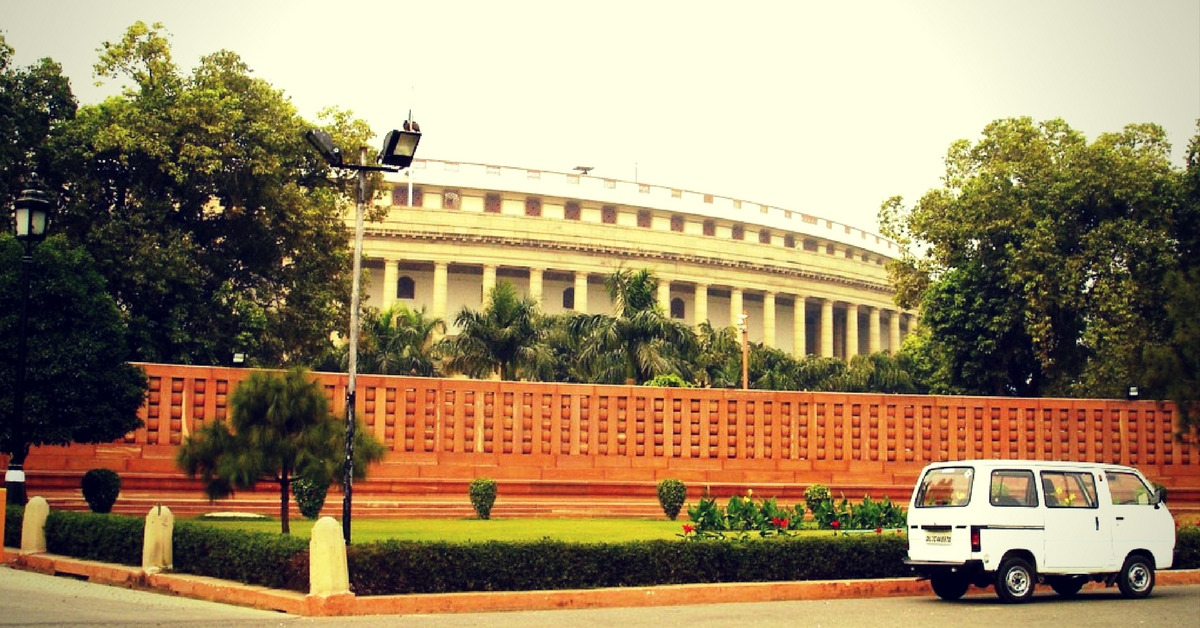Digital India: Temples of Democracy to Embrace Paperless Record Keeping
Opposition parties have sought a gradual, and not radical, shift to paperless functioning.

In an effort to bring the Parliament and State legislatures into the 21st century, the Centre is reportedly proposing a radical plan for these institutions to go digital, reported The Hindu. The shift to paperless record keeping is part of its initiative to cut down on the consumption of paper.
Parliamentary Affairs Minister, Ananth Kumar, is expected to present this ‘paper-free’ plan at a two-day conference in Udaipur this week, which will be attended by the Chief whips of all major political parties represented in Parliament. At this conference, the minister is expected to project the government’s e-Sansad and e-Vidhan initiatives for Parliament and State legislatures respectively.
“According to the agenda prepared by MoPA (Ministry of Parliamentary Affairs) for the Conference, these projects would make the functioning of Parliament and State Legislatures responsive, participative, productive, transparent, and more accountable to the public. Further, this environment-friendly initiative is in line with the ‘Go Green’ initiative of the Government,” says the government in a note.
These initiatives are ambitious in their scope, where an attempt will be made to digitise and make available all parliamentary documents and reports, including committee reports and questions, debates and speeches, online.

There has been a concerted effort by the government to significantly reduce the volume of hard copies of Parliament-related documents and reports. As per The Hindu, in 2016, the government had cut down the number of printed copies of the budget by half from the previous year.
Read also: 5 Most Interesting Private Member Bills of 2017
Although many political parties are seemingly on board with this plan, there are differences of opinion when it comes to execution. Instead of a radical shift to digital records, opposition parties have suggested a gradual change.
“I was a member of a delegation led by Lok Sabha Speaker Sumitra Mahajan to South Korea where we saw MPs had their own keyboards and terminals at their seats. It’s good, but we cannot shift to such a system overnight,” said D Raja of the Communist Party of India, to The Hindu.
Read also: Do we need to be 25 years old to contest elections? Parliament should change that!
At the conference in Udaipur, the Chief whips of other parties will have their opportunity to present ideas and proposals on how this transition should happen.
Like this story? Or have something to share? Write to us: [email protected], or connect with us on Facebook and Twitter.
NEW: Click here to get positive news on WhatsApp!</h4
This story made me
- 97
- 121
- 89
- 167
Tell Us More
We bring stories straight from the heart of India, to inspire millions and create a wave of impact. Our positive movement is growing bigger everyday, and we would love for you to join it.
Please contribute whatever you can, every little penny helps our team in bringing you more stories that support dreams and spread hope.


















